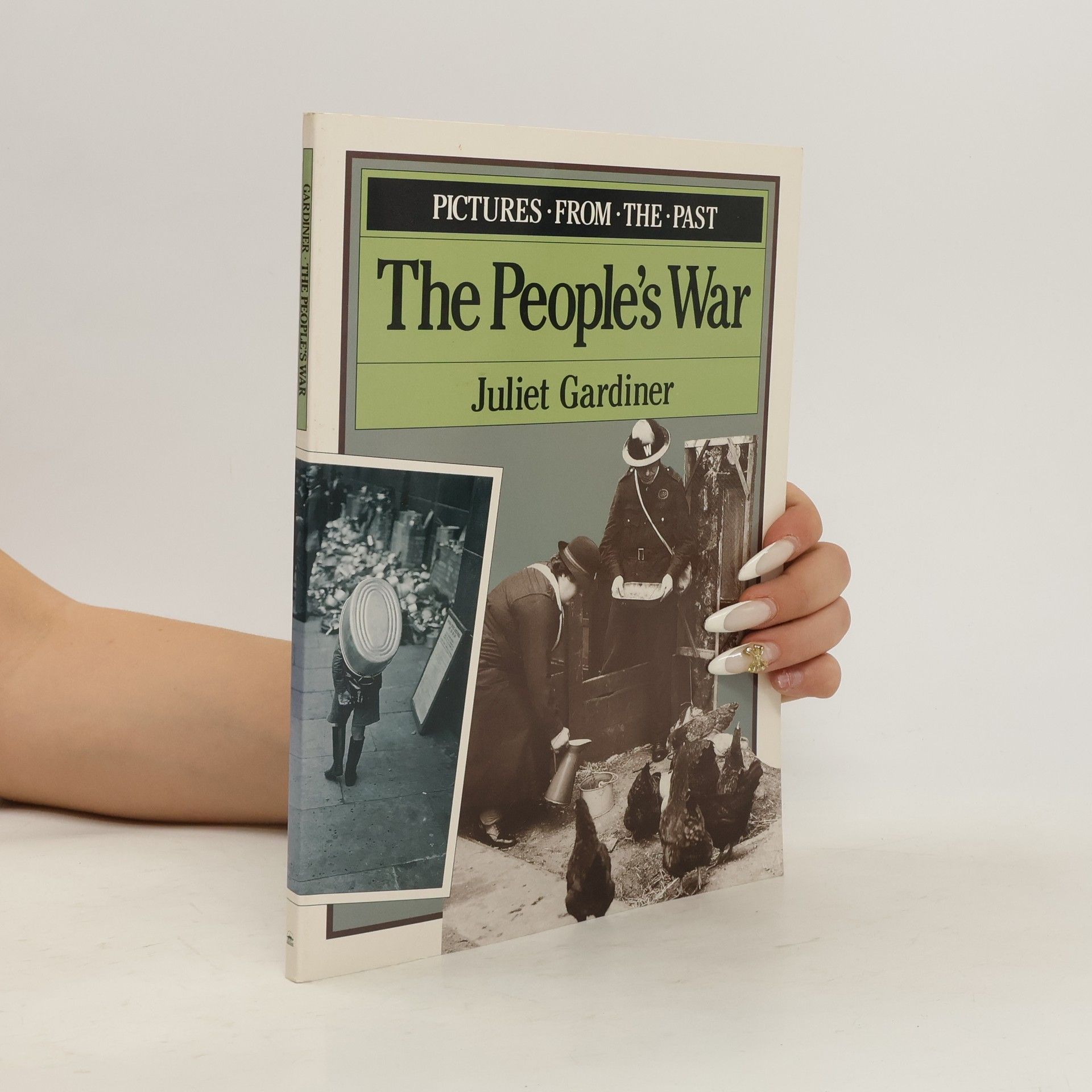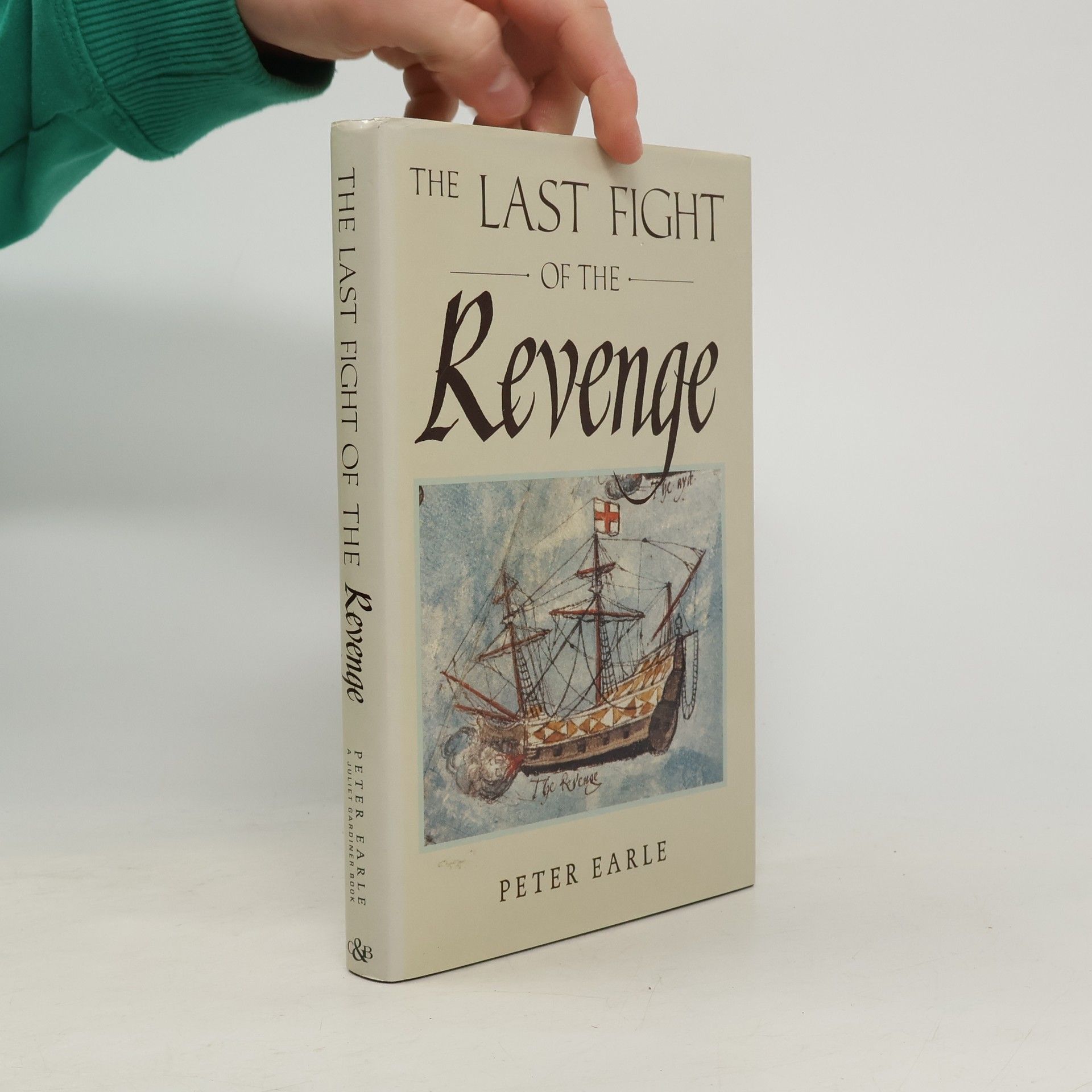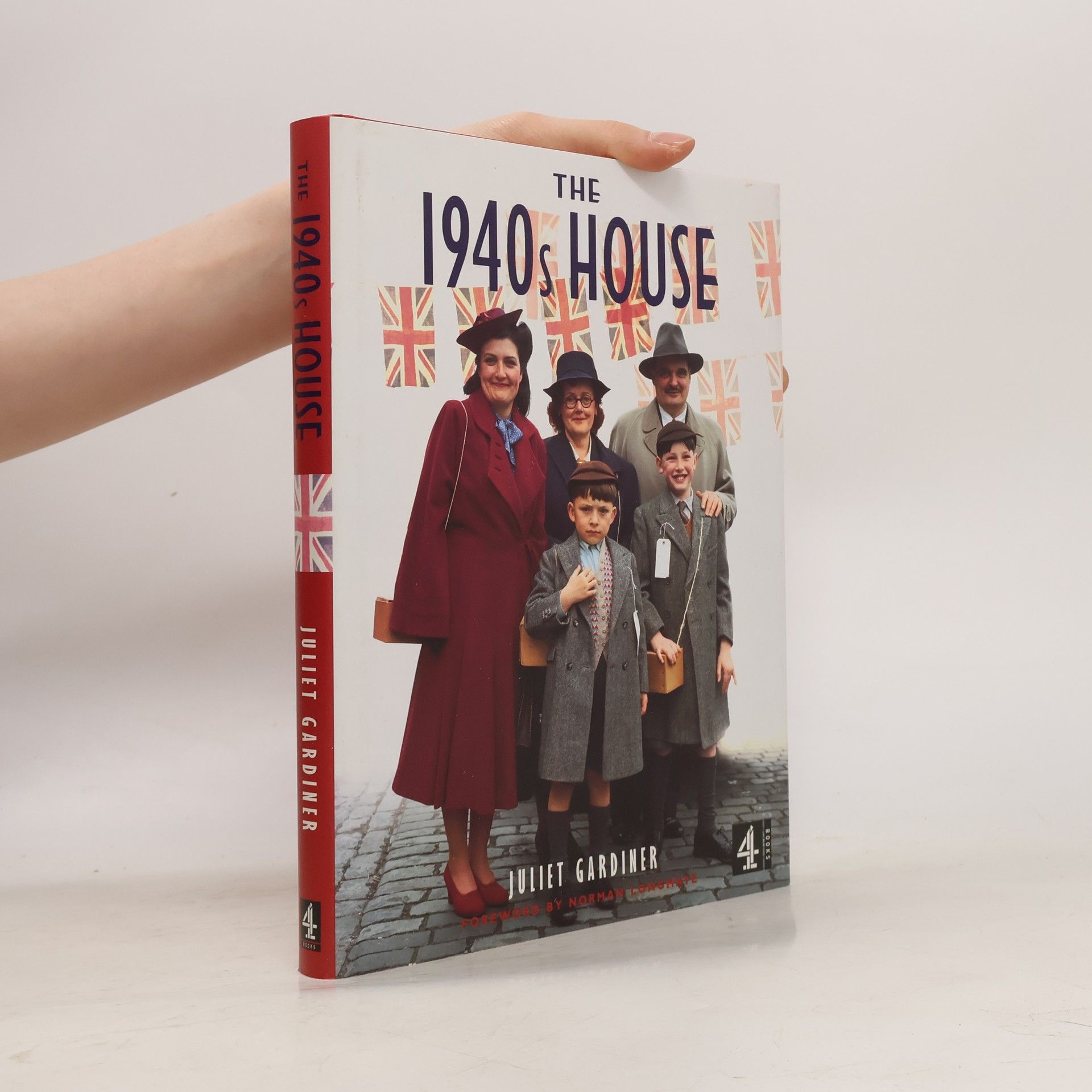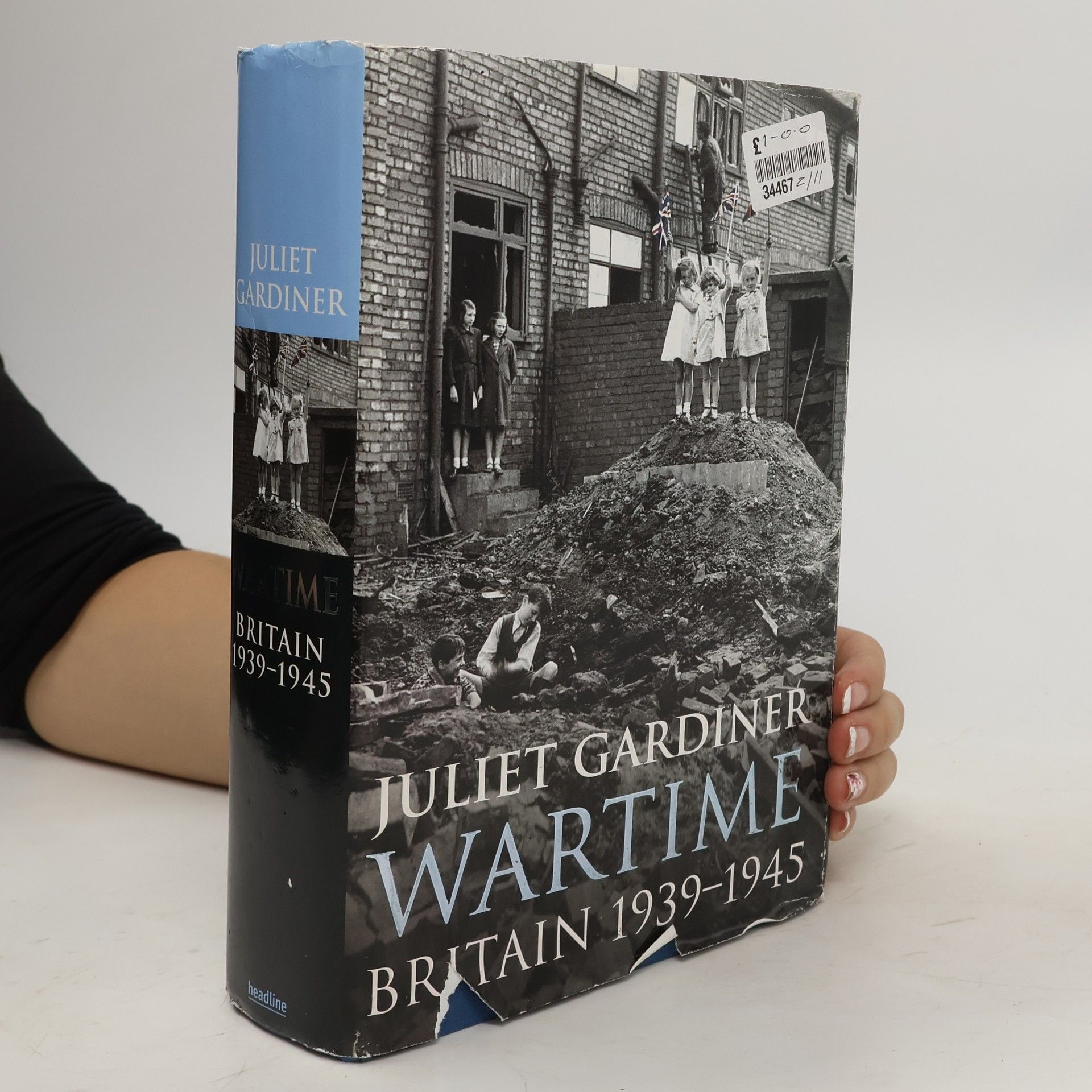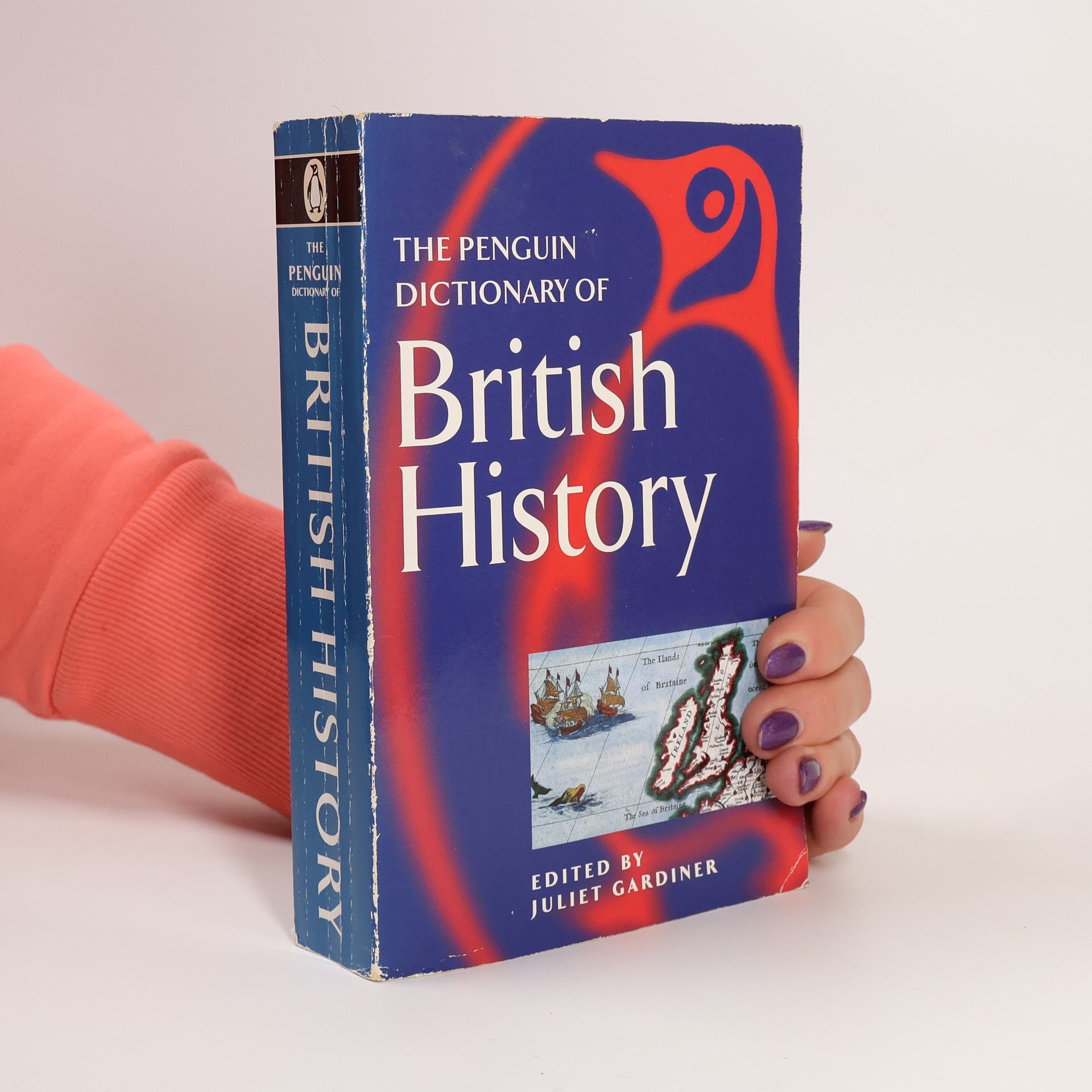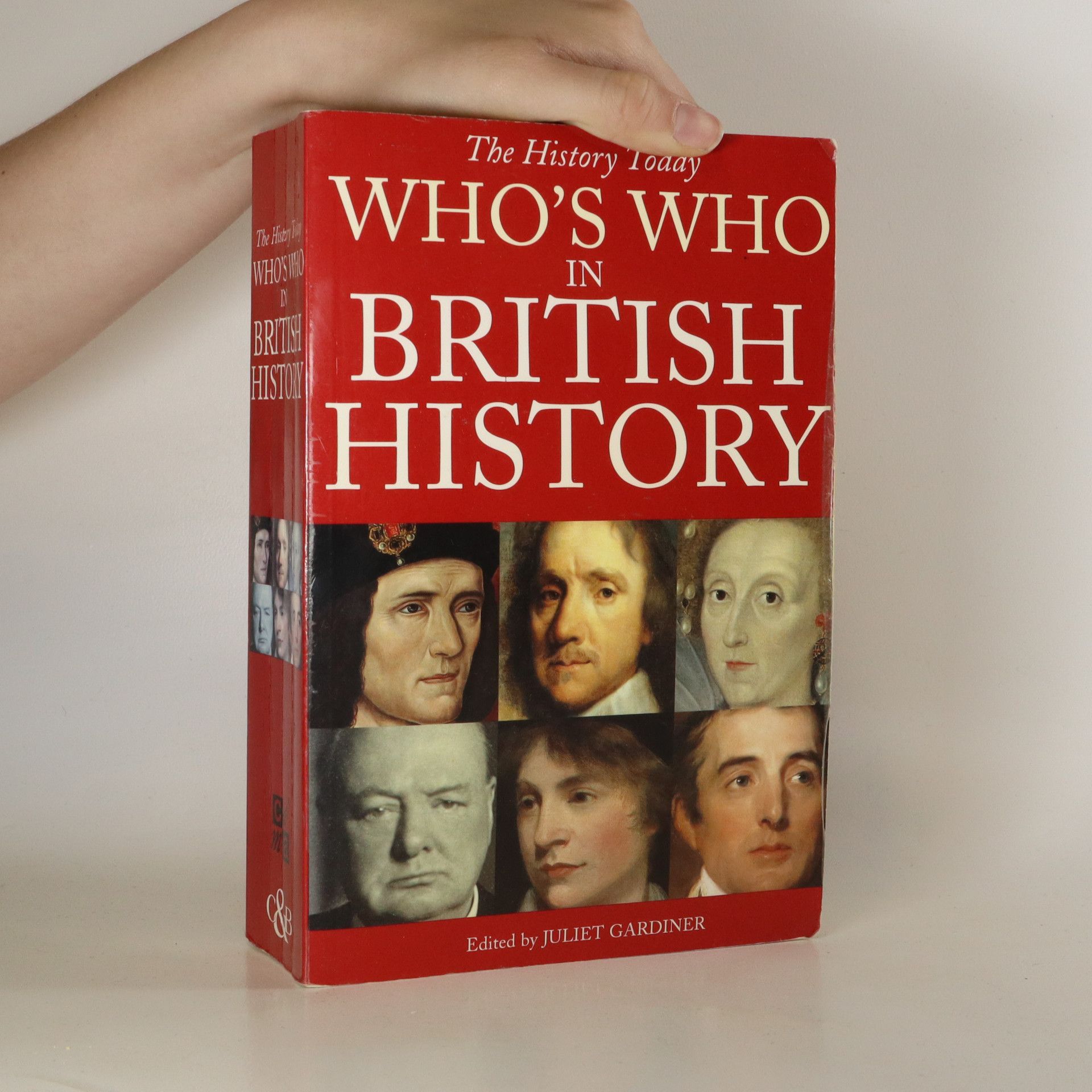The Illustrated Letters of the Brontes
- 160 pages
- 6 hours of reading
The story both of the real world of the Brontës at Haworth Parsonage, their home on the edge of the lonely Yorkshire moors, and of the imaginary worlds they spun for themselves in their novels and poetry. Wherever possible, their story is told using their own words – the letters they wrote to each other, Emily and Anne's secret diaries, and Charlotte's exchanges with luminaries of literary England – or those closest to them, such as their brother Branwell, their father Patrick Brontë, and their novelist friend Mrs Gaskell. The Brontës sketched and painted their worlds too, in delicate ink washes and watercolours of family and friends, animals and the English moors. These pictures illuminate the text as do the tiny drawings the Brontë children made to illustrate their imaginary worlds. In addition, there are facsimiles of their letters and diaries, paintings by artists of the day, and pictures of household life. This beautifully illustrated book offers a unique and privileged view of the real lives of three women, writers and sisters.

